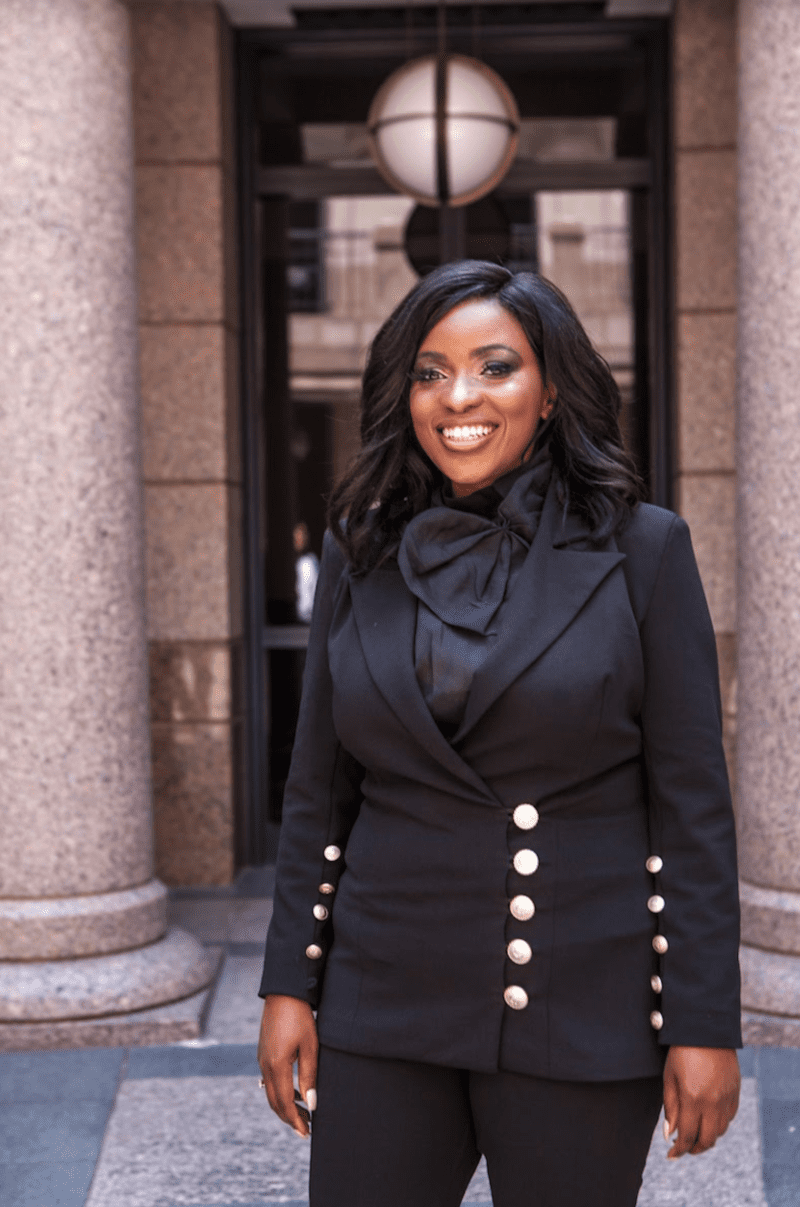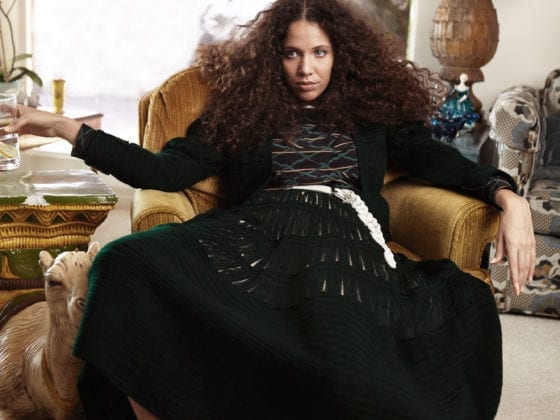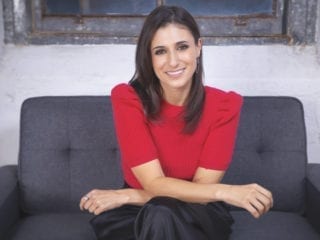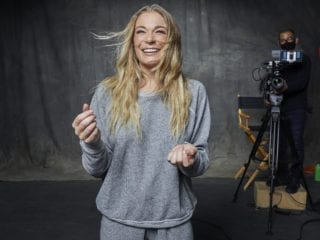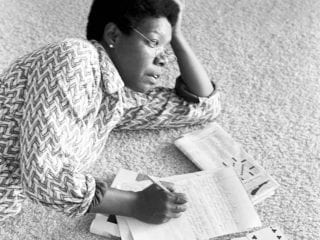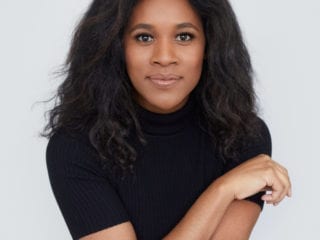“Real Women, Real Work” is a Darling series about everyday women who work in various fields including business, entertainment, science and education. We want to get to know the WHY behind their WHAT and get an inside look into different industries.
Meet Civil Rights Attorney Jasmine Crockett. At age 39, as the State Representative-Elect for House District 100, Jasmine will be the youngest Black lawmaker from the Dallas County delegation this legislative session.
Outside of running for office and defeating incumbent seat-holder Lorraine Birabil, the past few months Jasmine have kept busy. When she is not running her private practice, Crockett Law Firm, she and her team of pro bono attorneys are fighting for peaceful protesters in the wake of the Black Lives Matters protests that flooded the nation after numerous killings of innocent Black Americans earlier this year.
From serving as public defender in Bowie County to leading her own firm, from fighting for people across Texas and Arkansas as well as in federal courts, Jasmine’s career attests to her resolve to fight for injustice. She first decided to practice law after being the victim of a hate crime in college, where her first line of defense was a Black female lawyer. Not wanting anyone else to feel the same helplessness she once felt, Jasmine has become a champion for justice and advocacy.
Darling got to chat with Jasmine about her legal career, her recent state legislature win and about the importance of people being politically active.
Growing up, what did you imagine you would be?
When I was a kid, from the earliest age I can remember, I wanted to be a doctor. By the time I headed off to college, I wanted to be an anesthesiologist. I did not change my mind about anesthesiology until I was being put to sleep in Calculus III at 8 a.m. in college.
I hadn’t declared an official major. My advisor looked at the coursework I had already done, and he told me what my options were if I didn’t want to spend extra time in school. I ended up majoring in business because I had so much math in my background.
What made you decide to practice law?
Oddly enough, I made another big change while I was an undergraduate student. This came pretty late in the game. I think it was my sophomore year, and I did a musical, “Little Shop of Horrors.” I loved it as a kid. The professor who was over the mock trial team told me to try out for a mock trial for the next year. He said that I need to prepare a quality essay. I told him no because I already had my plan to become a CPA. He told me that I had too much personality for that.
In my junior year, I became the victim of a series of hate crimes, myself along with a handful of other Black students. My school didn’t know what to do, and they brought in The Cochran Firm, and the lawyer that helped me became my instant “shero.”
At that time, I was helpless and confused. She was able to calm me and walk me through the legal process. While we never figured out what happened, it was empowering to have her there. I saw how much help a lawyer could be to somebody at a very confusing time.
I saw how much help a lawyer could be to somebody at a very confusing time.
That was my junior year, and the following year when I was a senior, I tried out for the mock trial. I went on to become a national All-American champion at the American Mock Trial Association’s annual tournament. Later, I attended law school at the University of Houston, which is where the lawyer who helped me went.
Tell me about the process of starting your own law firm.
Overall, it really wasn’t that bad. I previously worked as a public defender and also ran for District Attorney when I was 28. Since I was coming off this run for office, my name was everywhere. It was a small town so everyone knew me.
I also had the background of being a business major. Overall, it was not too hard because I didn’t have to deal with a lot of the costs that people have to endure when starting a business, which made life a lot better for me. I immediately went into profit mode.
Also, the credibility of having a well-known name takes you further faster. I never had to actively advertise to get any business for my law firm. Instead, I was able to focus on the work and make sure it spoke for itself. If someone is interested in starting their own firm, that’d be my advice—let the work speak for itself. That is the best advertisement you can have. Credibility and a good reputation goes further than any advertisement.
Credibility and a good reputation goes further than any advertisement.
These days, at the firm, I am crazy busy. I just hired five new interns. I may openly do some advertising because I am shifting to car accidents (personal injury). Previously, I have always done the heart work of civil rights work. Personal injury does not require as much of me physically. For example, a car accident rarely goes into litigation.
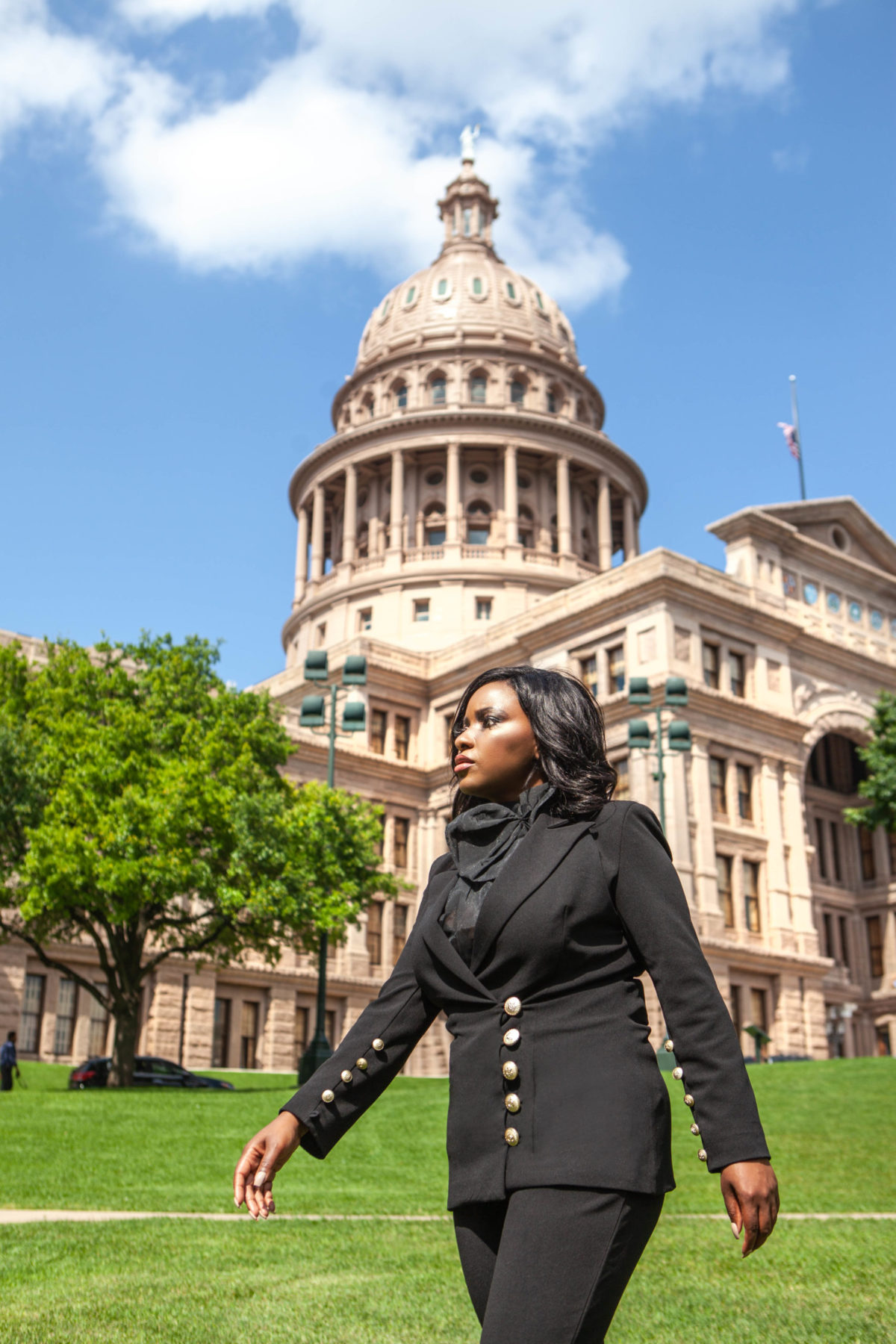
What’s your greatest joy as a public defender? What’s the hardest part?
Today, while I’m no longer a public defender, I do court appointments to keep serving those who can’t afford representation, which is similar to the work of a public defender except I don’t have a boss now. (Instead, the county pays me $100 for any case I am appointed to.)
The greatest joy of my work is getting justice for someone who never thought they’d get justice through a court-appointed lawyer. I really want to change the rhetoric surrounding being a public defender. It comes down to whether or not a lawyer wants to do the job. You can pay someone to defend you, but if that person doesn’t want to do the job, then it doesn’t matter.
The greatest joy of my work is getting justice for someone who never thought they’d get justice through a court-appointed lawyer.
For example, I had a kid who was charged with capital murder. They never thought he killed the guy, but he was considered an accomplice. In Texas, you are an adult for criminal justice purposes at the age of 17. However, you have to be 18 to vote and 21 to buy a cigarette. Federal law says you are not an adult. You can’t give someone younger than 18 the death penalty. There are conflicts between state and federal law.
The sentence for a case like this is five to 99 years with the possibility of parole. The in-between for 17-year-olds is 40 years in prison. This meant he would not get out of prison until he was 57 (if he was deemed guilty as charged). The state offered him 37 years with parole, and I told him, as his court-appointed attorney, not to take the deal. This kid believed in me.
Then, they came back and offered him 10 years. At this point, he had already been sitting in county jail for two years. He said, “You always told me not to take it. They don’t have a good case.” On the day of trial, they actually dismissed his case. This case was a fulfilling situation for me.
The hardest part of my work is that usually I have a crazy docket. At times, I have hundreds upon hundreds of clients. It’s hard to convey to people to wait your turn.
I am a trial lawyer. When I was a public defender, there was this idea that I was available to speak with clients 24/7. It’s hard sometimes because people think you don’t care versus the reality, which is that you are extremely busy. This work entails managing extremely large dockets and juggling so many different people who are all pulling at you.
How has the recent outcry against social injustice affected your workload?
We can’t have trials due to COVID-19, but my workload has gone up. COVID-19 has only compounded things. Crime has gone up. Parents have never had to spend so much time with their kids. So we’ve also seen domestic violence and child abuse go up.
COVID-19 has definitely allowed the movement to go on longer than normal. As far as racial injustice, more than 400 volunteers have signed up to help. I was contacted by law students and college students throughout the country wanting to help with cases.
Unfortunately, while it lasted longer than normal, it also seemingly infuriated law enforcement more than normal. I now have three mortality cases and an influx of cases from protesters as well. We have gotten the majority of those peaceful protester cases dismissed, but we have some we are still fighting through.
The work you do is very important, but I can imagine it can also be quite heavy. How do you find reprieve and balance for yourself?
Travel. Sadly enough, that’s not coming right now. Originally, my plan for March, after the primaries, was to hop on a plane and leave the country, but of course, that didn’t happen. My happy space has always been traveling the world. I love to travel because it allows me to be fully disconnected. If I am anywhere that’s easy for my phone to ring, then people will ring it. My other source of peace is the spa, another place where I am completely unplugged.
My biggest issue is being plugged in. When civil rights cases occur, incidences can happen at 2 a.m. For example, I got word of a 15-year-old who was killed at 11 p.m., and his family wasn’t alerted until 3 a.m. In my mind, I always go back to that helpless feeling I had in college of not knowing what to do when you’re the victim of a crime. I try to make myself available.
Why are you running for State Representative for House District 100?
Honestly, I got tired. It was just the frustrations I had while practicing law. The reality is that I could be the greatest litigator to walk the face of the earth, but if the laws don’t make sense for everybody, then it doesn’t matter. I want to work smarter, not harder. I threw my name in the hat.
I want to work smarter, not harder. I threw my name in the hat.
The job of State Representative is to write the laws of the state of Texas. I am tired of empty promises from politicians on whatever the buzzword is. You don’t know what it’s like to fix the system if you have never worked in it.
Botham Jean lived and worked in District 100. He deserves an advocate in his district. The law says one thing, but it doesn’t make sense. An officer can come into a man’s home and kill him while he is eating ice cream on his couch. This is the type of disappointment families experience over and over again because of how the laws are written.
I decided it was time we had somebody who was passionate and represented this majority minority district in a way that it deserved to be represented in Austin. My goal is to encourage people to get more involved and to find someone who inspires them and who they believe will stand up for people.
What has the campaign process been like?
The greatest part of this campaign has been the people who decided to jump in. It is very odd to end up with so many volunteers for a state legislature seat. People are very unfamiliar with the job and usually not interested. It has been so cool to watch people get involved, and we probably had more than 200 volunteers throughout our campaign at some point in time.
I never ever anticipated having such a large volunteer base, and they have made the difference. This seat is not mine. It belongs to the team. There was no “I” in it. There’s no amount of money that could ever pay for a team like this. It means the world to have so many amazing people support me.
What are some of the more pertinent issues on the ballot for Dallas voters for the upcoming election?
I am the presumptive representative-elect because I don’t have an opponent on the ballot. We get so many calls now. People assume, “Jasmine won.” Right now, the only thing that matters is COVID-19. That’s going to be the big issue because it affects health care and the overall economic prosperity including jobs and housing.
My No. 1 priority is going to be working through COVID-19 and making sure we get resources where they need to be so people can survive this pandemic and what may turn into an economic depression. Survival mode is the No. 1 priority.
My No. 1 priority is going to be working through COVID-19 and making sure we get resources where they need to be.
Another huge priority is trying to get people stabilized. There has been a huge lack of leadership on the state and national level. I am not trying to downplay how big COVID-19 is because it is big. I believe we need to deliver a one-two punch, and as a nation, we have not done that. We could have been better situated. We had all this lead time because the pandemic didn’t start in the U.S., but we are ranking at the top of cases.
We are also going to spend a lot of time on redistricting. So there’s lots of work, but right now people are very concerned about their economic stability.
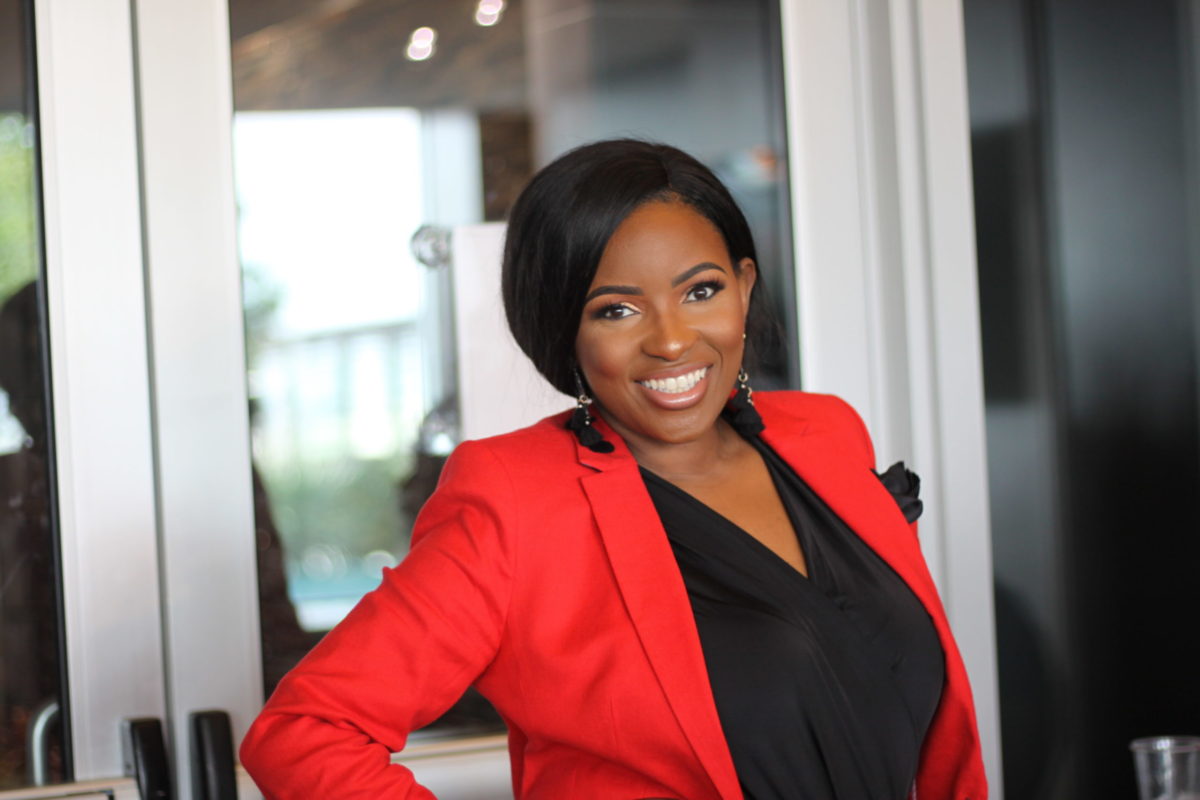
You knew the late U.S. Representative John Lewis. How did his career and other Black leaders in government influence your career?
That was an original pioneer. I didn’t grow up in the days when he was marching with Martin Luther King, Jr., but the pictures are etched into my mind. To see him transition from social activism to lawmaker only made sense. I was thankful and proud of how he paved things out for people like me.
Barbara Jordan, the first Black congresswoman from the South and the first woman ever elected to the Texas Senate, is another huge Black shero in my life. There have only been two Black women in the Texas Senate.
These women and leaders were making waves years before I ever got here. They started paving the way, but, looking at the trajectory we are having, I don’t know what happened. We had Sherly Chisolm running for president in the 70s, but we haven’t seen a Black woman run until Senator Kamala Harris stepped up during this election cycle. There’s a lot more progress that needs to be made.
I am always in touch with young people because I don’t think you should get to 50 before politics becomes a thing you care about. We should want diverse voices now. Diversity doesn’t just look like a color or background, but it also looks like different ages. To think that the average age of Black lawmakers in Texas is 59, and I’m considered young at 39.
I definitely want to do better for the generations coming behind me. I think that’s paying homage to people like John Lewis. John Lewis not only paved the way for me to run, but he encouraged me to step up and run for this seat believing I could make a difference.
I definitely want to do better for the generations coming behind me. I think that’s paying homage to people like John Lewis.
Outside of practicing law, who is Jasmine Crockett?
I am fun-loving, laidback and artsy. I love, love the arts. I have no artististic ability, but I love dance, music, poetry and taking in a play. This is my happy place—just really delving into the things people are able to create and do with their bodies.
Knowing what you know now about career success, what advice would you give to your younger self?
I’d tell myself not to take life so seriously. I think when I got to college I was so afraid of failing that I was laser-focused. I thought if my life doesn’t go this way, I’ll be a failure. The best thing I could have done is surrender and let my life unfold.
It has been the most beautiful journey, even the pain. It’s all been for a purpose. I’d tell myself, “Don’t take yourself so seriously and just enjoy the ride.”
For women who are interested in pursuing a career in law, what advice would you give them?
In undergrad, pursue what makes you happiest. Don’t do what you think you need to. My degree was in business. You can get into law school with any degree but not with any type of grades.
Everyone has to start from ground zero. Pursue what makes you happy and what you will excel in. If you are supposed to be in law school, then you’ll definitely make it in.
To follow along with Jasmine’s journey as State Representative, follow her on Instagram here and here. You can also check out her website for the Crockett Law Firm.
Images via Chrisi Nguyen
